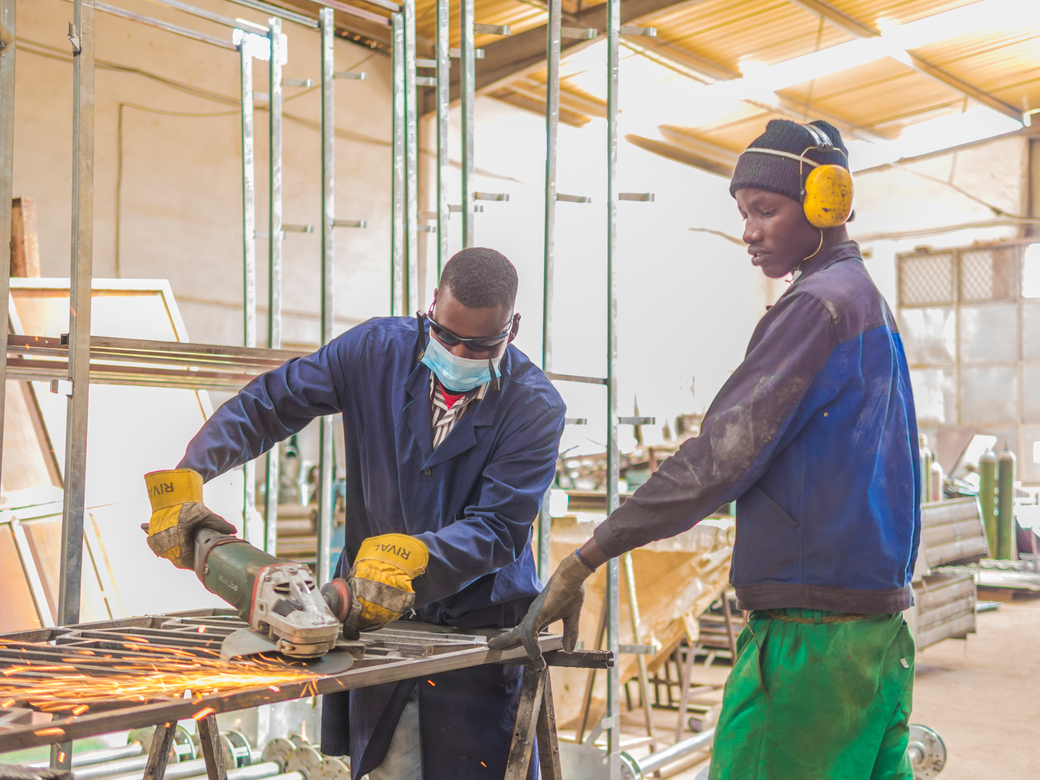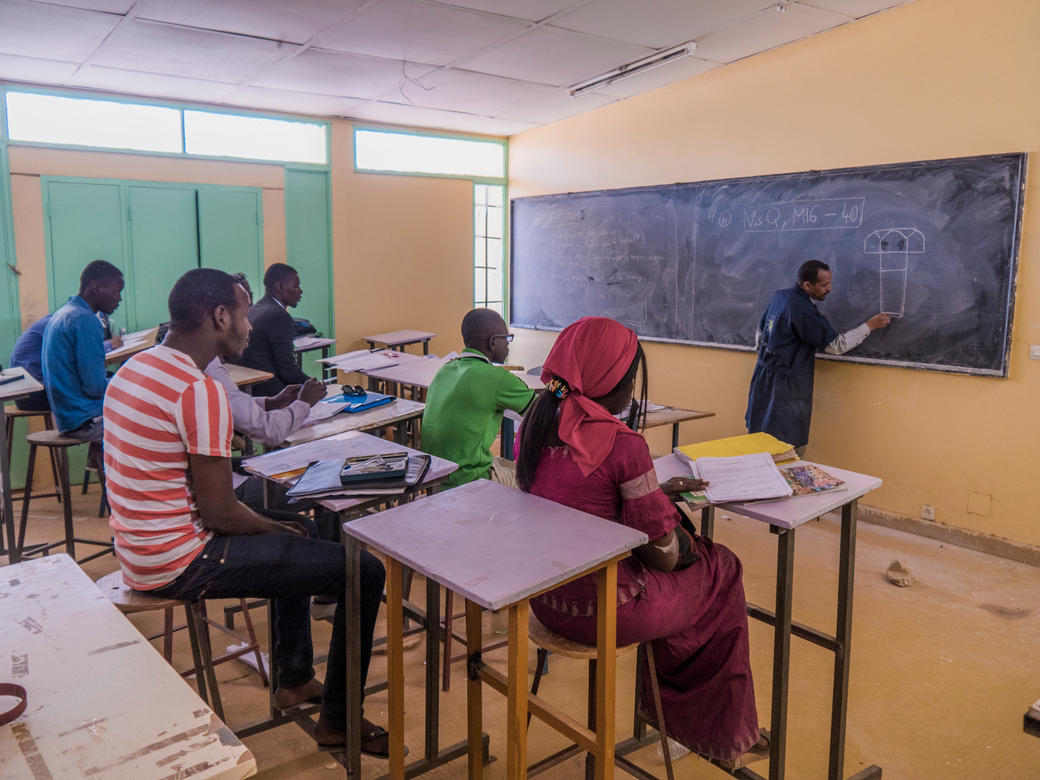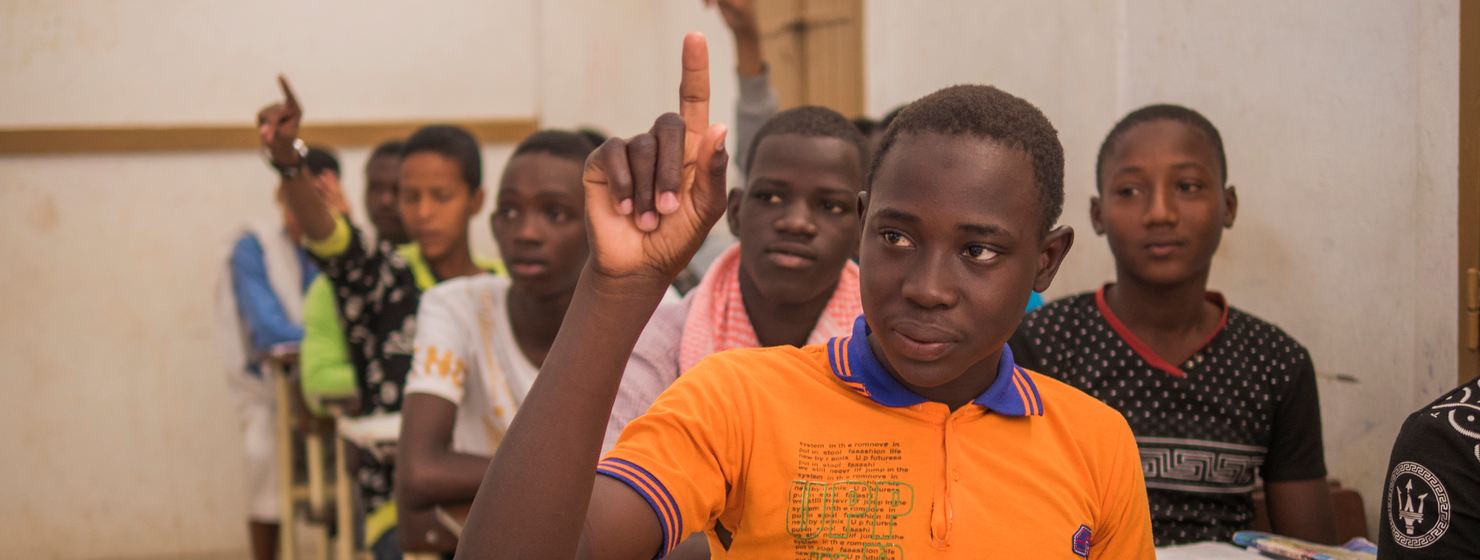Three facts
More than 260 million children of primary and secondary school age are still unable to go to school.
Out of the tens of millions of young people who enter the labour market each year, many do not have the basic skills they need.
Sub-Sub-Saharan Africa is the region where inequality and the rate of children unable to go to school is highest.
We have to prepare the next generations if we are to build a prosperous future together.
The Education and Development segment of the French G7 Presidency prioritized Africa, and the Sahel region in particular. The partnership-based approach, in accordance with the guidelines set by the French President, was also implemented through contributions from key international organizations in the education and development sectors, including UNESCO, the OECD, the Global Partnership for Education (GPE), UNICEF and the UN Girls’ Education Initiative (UNGEI) and civil society, providing a basis for discussions and feeding into shared commitments.
The joint meeting of the Education and Development Ministers, which was held on 5 July at UNESCO, aimed to further and amplify political commitment to combat educational inequality.
Two goals
Supporting girls’ education worldwide
Improving the quality of vocational training



The Ministers will seek to continue and step up political commitment to combat educational inequality, focusing on two priorities:
– Supporting girls’ education: following on from the work launched by the Canadian G7 Presidency in 2018, France’s goal is to promote means of fostering girls’ schooling and positive experiments carried out in African partner countries. An international conference on girls’ and women’s empowerment through education was organized on this occasion.
– Improving vocational training: although it is rarely discussed in multilateral forums, vocational training has a key role in enhancing the employability of young people and adapting their skills to the needs of economies and territories in traditional sectors (farming, crafts, etc.) and more modern fields (digital technology, energy, green economy) with sustainable development in mind. The G7 countries will agree on strong commitments to improve the quality of vocational training and involve the relevant stakeholders, including in the private sector and trade unions.
The work during the education and development segment was prepared throughout the first half of 2019 in “expert group” format or ad hoc development directors’ meetings based on the following arrangements:
- joint Education and Development Ministers meeting: “education and development” working group;
- Development Ministers meeting: “food security” working group and development directors meetings;
- Education Ministers meeting: “education” working group;
- Accountability report: “accountability” working group.
Partner international organizations and African countries will be fully involved in these meetings.
Find the press G7 Education and Development Ministers joint communiqué and all the other documents adopted during their meetings on 4-5th July.
1. Combating educational inequality

2. Combating educational inequality

